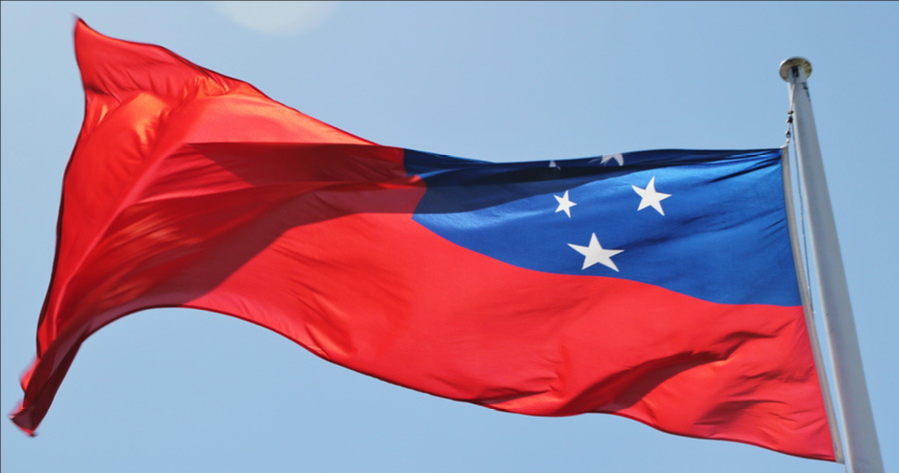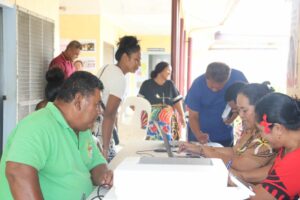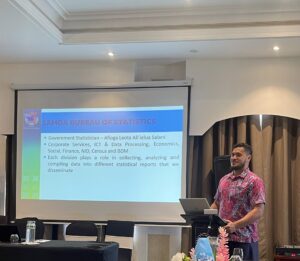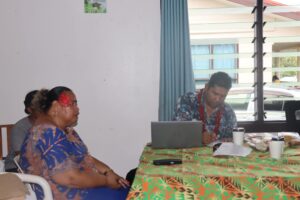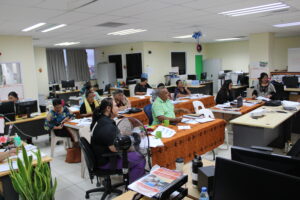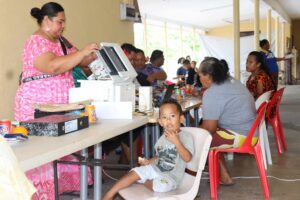Content
Executive Summary
- Introduction
- Accounts Produced
- Data Sources and Methods
3.1 Water Supply
3.2 Agriculture
3.3 Electricity Generation
3.4 Manufacturing and other industries
3.5 Households
3.6 Wastewater to Sewerage - Conclusion & Way Forward
4.1 Feedback on the accounts - Acknowledgments
- References

